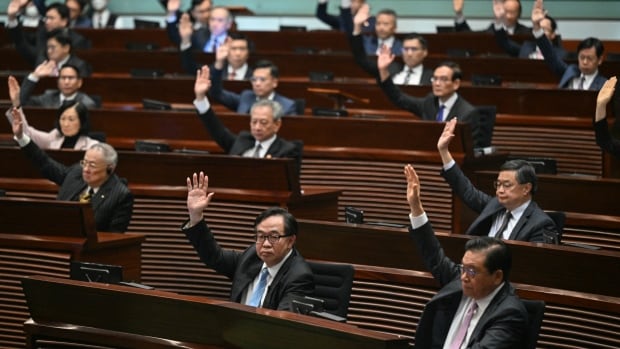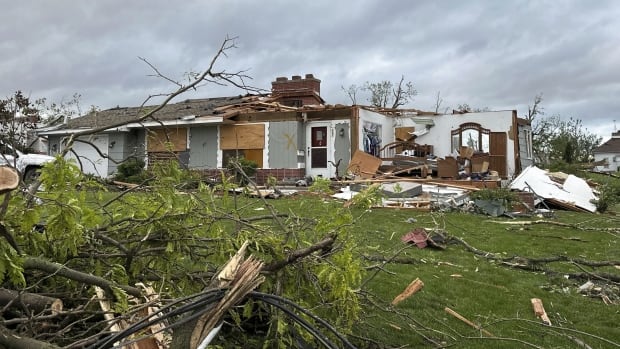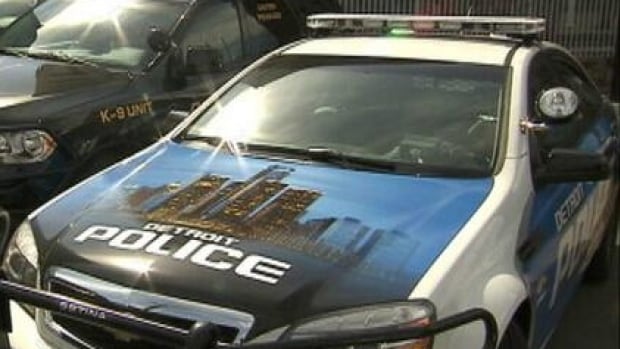Hong Kong lawmakers unanimously passed a new national security law on Tuesday that grants the government more power to quash dissent, widely seen as the latest step in a sweeping political crackdown that was triggered by pro-democracy protests in 2019.
The legislature passed the Safeguarding National Security Bill during a special session. It comes on top of a similar law imposed by Beijing four years ago, which has already largely silenced opposition voices in the financial hub.
Hong Kong’s Legislative Council, which is packed with Beijing loyalists following an electoral overhaul, expedited the process. Since the bill was unveiled on March 8, a committee held daily meetings for a week, following an appeal by Hong Kong leader John Lee to push the law through “at full speed.” Lee announced at the council’s chamber that the law will take effect on Saturday.
Here’s what to know about the new law:
Doesn’t the city already have a national security law?
Four years ago, Beijing imposed a sweeping security law triggered by the massive anti-government protests in 2019. The law was used to prosecute many leading activists, including media tycoon Jimmy Lai and former student leaders like Joshua Wong and Lester Shum. Other activists were silenced, forced into self-exile or fled the country, such as activist Agnes Chow and others reportedly living in Canada.
Dozens of civil society groups facing police investigations and other obstacles closed, as well as vocal pro-democracy media outlets Apple Daily and Stand News. The drastic political changes prompted a large number of young professionals and middle-class families to emigrate to Britain, Canada, Taiwan, Australia and the United States, among other places.
WATCH l Hear from Agnes Chow on her fears even outside of Hong Kong:
Agnes Chow, a famous figure in the city’s pro-democracy movement, says the last three years in Hong Kong were scarier than the idea of staying in Canada and never going home again.
Why does the city need a new law?
Hong Kong’s mini-constitution, the Basic Law, requires the city to enact a home-grown national security law. In 2003, an attempt to pass a version of the law sparked a street protest that drew half a million people who feared the legislative efforts would erode the city’s freedoms.
In late January, a public consultation on the legislation resurfaced. Lee said the legislation is needed to fulfil a long-overdue duty, and often referred to the 2019 protests to justify that need, saying it will keep Hong Kong safe against “potential sabotage” and “undercurrents that try to create troubles.” Some foreign agents might still be active in Hong Kong, he added.
What is the new law about?
The new law expands the government’s power to stamp out future challenges to its rule, punishing treason and insurrection with up to life imprisonment. The law also includes stiff prison terms for other offences, including up to 20 years for espionage and up to 10 years for the unlawful disclosure of state secrets.
Some provisions allow criminal prosecutions for certain acts committed anywhere in the world. Additionally, tougher penalties would be imposed on people convicted of working with foreign governments or organizations to commit certain offences. For example, residents who damage public infrastructure with the intent to endanger national security could be jailed for 20 years — or life, if they collude with an external force to do so.
Amnesty International’s China director Sarah Brooks worried that the new crime broadly defined as “external interference” could lead to the prosecution of activists who interacted with overseas individuals or organizations and be “framed as ‘endangering national security.'”
Authorities would also be empowered to use financial sanctions to punish people who have fled abroad.
The U.S. State Department, late last month, said the Article 23 security legislation furthers American concerns over an “ongoing campaign of transnational repression.”
Under the new bill, activists will face harsher penalties if they break the sedition law. They face seven years in prison if convicted for committing seditious acts or uttering seditious words — up from the current maximum sentence of two years. Colluding with an external force to carry out such activities is now punishable by up to 10 years, and it is not necessary for the prosecution to prove intent to incite public disorder or violence.
The law also authorizes stiffer measures against suspects in national security cases: Police can apply to the court to extend detention without charges and prohibit suspects from consulting certain legal representatives. Legal scholars and rights advocates say this would undermine due process.
The new law requires Chinese citizens to report to authorities if they know others are committing treason. Failure to report could be penalized by up to 14 years in prison.
Financial professionals, journalists concerned
Financial professionals who often deal with sensitive corporate information are worried about some provisions related to the protection of state secrets because they echo the broad definition of secrets used in mainland China, which covers economic, social and technological developments beyond traditional security fields.
While the offences outlined in the new law pertain to acts conducted without lawful authority, there is anxiety that the law may create grey areas. Some foreign business leaders said the cost of complying with the new law could result in investors directing their capital elsewhere.
WATCH l All about the case against media publisher Jimmy Lai:
After waiting more than three years in a jail cell, Jimmy Lai stood trial for treason in a Hong Kong courtroom this week. If found guilty, the 76-year-old could spend the rest of his life in prison. But who is this media tycoon and pro-democracy activist? And why does the Chinese government want him behind bars?
A leading media professional group, Hong Kong Journalists Association, pointed to some provisions involving state secrets that do not require proof of intent to harm national security. Although the government added a public interest defence in the bill, the scope is more limited than what they had recommended, the association said.
The government has tried to assuage the concerns, saying the legislation targets “an extremely small minority of people” who endanger national security, and insisting that normal business people, individuals, organizations, and the media sector “will not unwittingly violate the law.”








